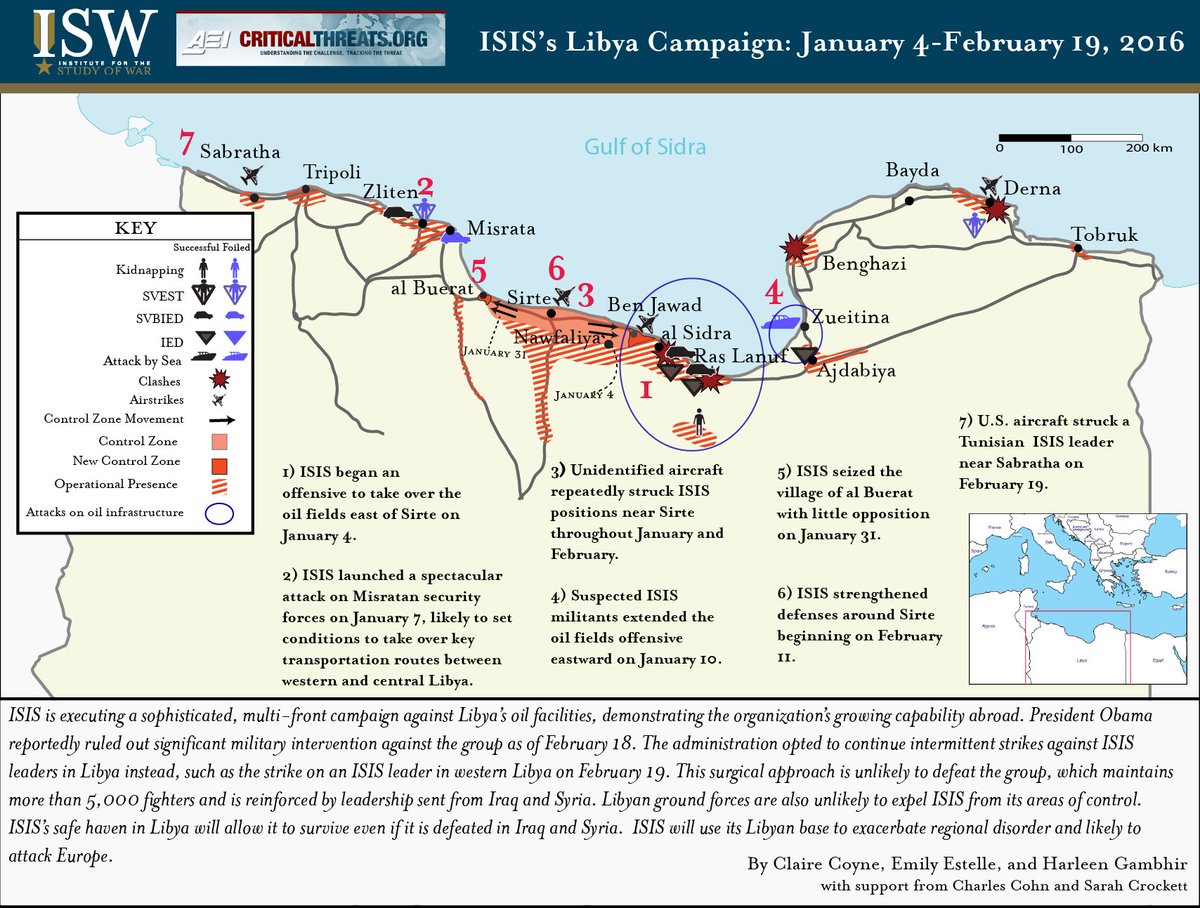Oh, you're talking about one of those pesky "grand strategy" thingies ... I don't think that almost anyone has one: the Chinese probably do, but the rest of the world wouldn't like it, even if they did tell us what it was all about; the French usually do ~ and it usually brings the rest of us to a bad end; The Americans had one (several, actually) in the early 1940s, in the later '40s and through to, about, 1960 and, again, around 2000 when
the Project for the New American Century scared the bejeezus out of almost everyone; the Brits had one, too, up until about 1900, but they forgot it, because everyone was preoccupied with the trivial, indeed nonsensical Irish Home Rule question, and the result was the First World War ~ from the scourge of which (and that of its 20 year old "son") the UN was founded to save us all. :

The thing about a grand strategy is that no one, except you, has to like yours but everyone really ought to have one ... to remind yourself, at least, about what it is that you need to do
about, in concert with
with, occasionally
for and, now and again even
to all the other countries in the world as you promote and protect your own, national
vital interests.
There was, for one brief, shining moment, a notion that the UN might provide a global grand strategy for keeping the peace ... and Dr Ralph Bunche, an American, and Sir Brian Urquhart, a Brit, actually developed one in the late 1940s, when they (not Mike Pearson ... sorry boys and girls, but your school teachers and professors are,
mostly (Army.ca members excepted), dimwits, and most of you, being somewhat dimmer, believed them :tsktsk: ) invented peacekeeping. But that didn't last long because Russia had a grand strategy, too ...
Anyways, the UNSC cannot thing strategically if it can think at all; Russia has a strategy, but it's not very grand, being exemplified by low, peasant cunning rather than rational self interest; America is adrift; the EU is anything but united and that leaves ... China and
Da'esh/ISIL/ISIS, I guess.




